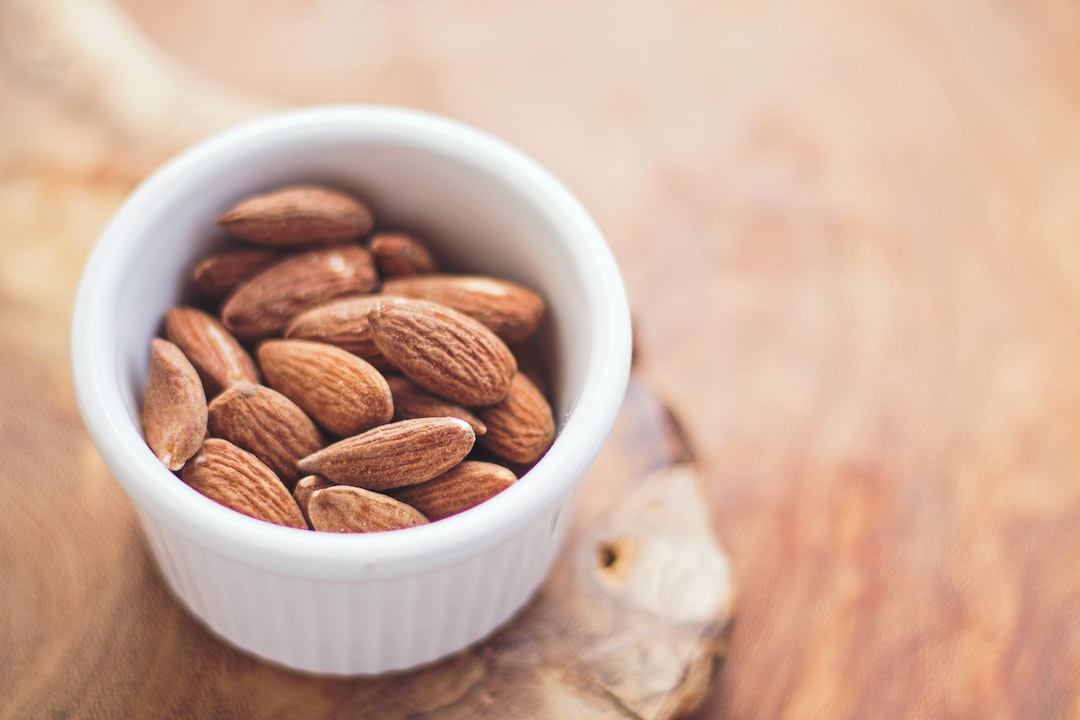
10 Mediterranean Diet Myths Debunked by Nutrition Experts
Share0The Mediterranean diet has gained immense popularity in recent years and is often hailed as one of the healthiest diets in the world. With its emphasis on fresh fruits and vegetables, whole grains, lean proteins, and healthy fats, it’s no wonder that many people are eager to adopt this eating plan. However, like any popular trend, there are bound to be myths and misconceptions surrounding it. To set the record straight, nutrition experts have debunked 10 Mediterranean diet myths, targeting common misconceptions that people may have.
Myth 1: The Mediterranean diet restricts all types of fats. While it does encourage the consumption of healthy fats like olive oil, it does not entirely eliminate other types of fats. Moderation is key.
Myth 2: The Mediterranean diet is only for weight loss. While it can aid in weight management, the Mediterranean diet is primarily about overall health and disease prevention. It’s not just a short-term strategy for shedding pounds.
Myth 3: All grains are allowed on the Mediterranean diet. Whole grains are indeed a staple, but refined grains should be limited. Opt for whole wheat bread, pasta, and rice instead of their refined counterparts.
Myth 4: The Mediterranean diet removes all processed foods. While processed foods are discouraged, there are some minimally processed options that can be included, such as canned tomatoes or frozen fruits and vegetables, as long as they don’t contain added sugars or unhealthy fats.
Myth 5: You can eat unlimited portions of healthy fats. While healthy fats like olive oil and avocados are encouraged, portion control is essential. These fats are calorie-dense, so moderation should be practiced.
Myth 6: The Mediterranean diet is only suitable for certain populations. This diet is suitable for a wide range of individuals, regardless of age or background. It is based on a balanced and varied approach to eating that can benefit anyone.
Myth 7: The Mediterranean diet eliminates dairy products. While many Mediterranean countries consume less dairy compared to other regions, moderate consumption of dairy products like Greek yogurt and cheese is still permitted.
Myth 8: The Mediterranean diet excludes meat entirely. While red meat should be limited, lean proteins such as fish, poultry, and legumes are integral to the Mediterranean diet. They provide essential nutrients and contribute to a balanced eating plan.
Myth 9: The Mediterranean diet is expensive. The diet can be as affordable as any other eating plan, especially if you focus on seasonal and local produce, compare prices, and make smart choices when grocery shopping.
Myth 10: The Mediterranean diet is too difficult to follow. While it may require some adjustments, the Mediterranean diet is quite flexible and allows for a variety of delicious meals. Experiment with different recipes and flavors to find what works best for you.
In conclusion, the Mediterranean diet is not without its share of myths and misconceptions. However, by addressing and debunking these 10 myths, nutrition experts have helped target common misunderstandings. The Mediterranean diet remains a wholesome and sustainable eating plan that can promote overall health and well-being for individuals of all backgrounds.
Publisher Details:
Allimeden – Integrative Orofacial Functional Medicine & Recovery
https://www.allimeden.com/
4257668022
509 Olive Way, 1002
Discover a world of transformation and empowerment at allimeden.com. Here, we’ll take you on a journey of self-discovery to help you reveal your true potential. Get ready to turn your life around and become the best version of yourself with our expert guidance. Are you ready to take the first step and join us?
